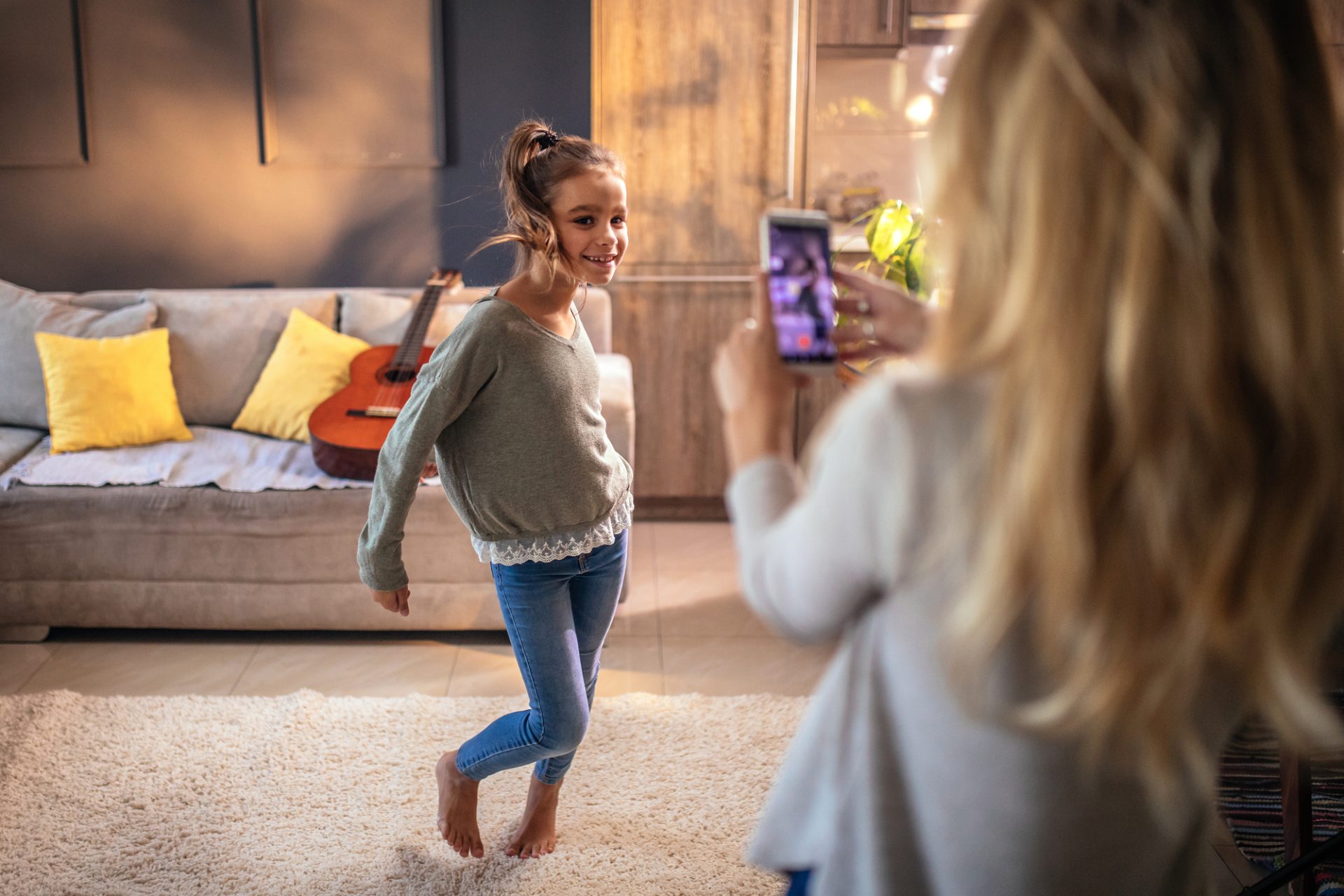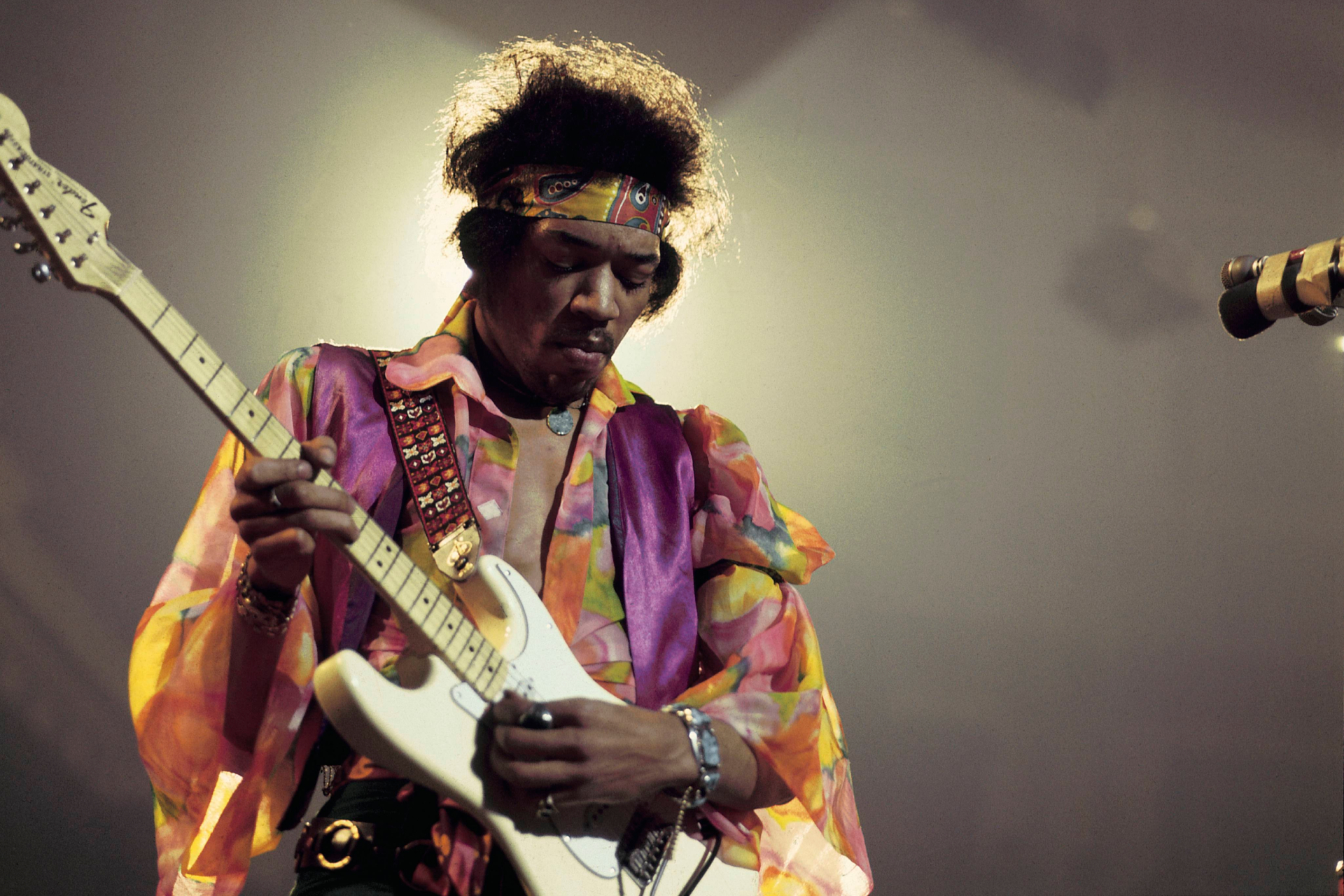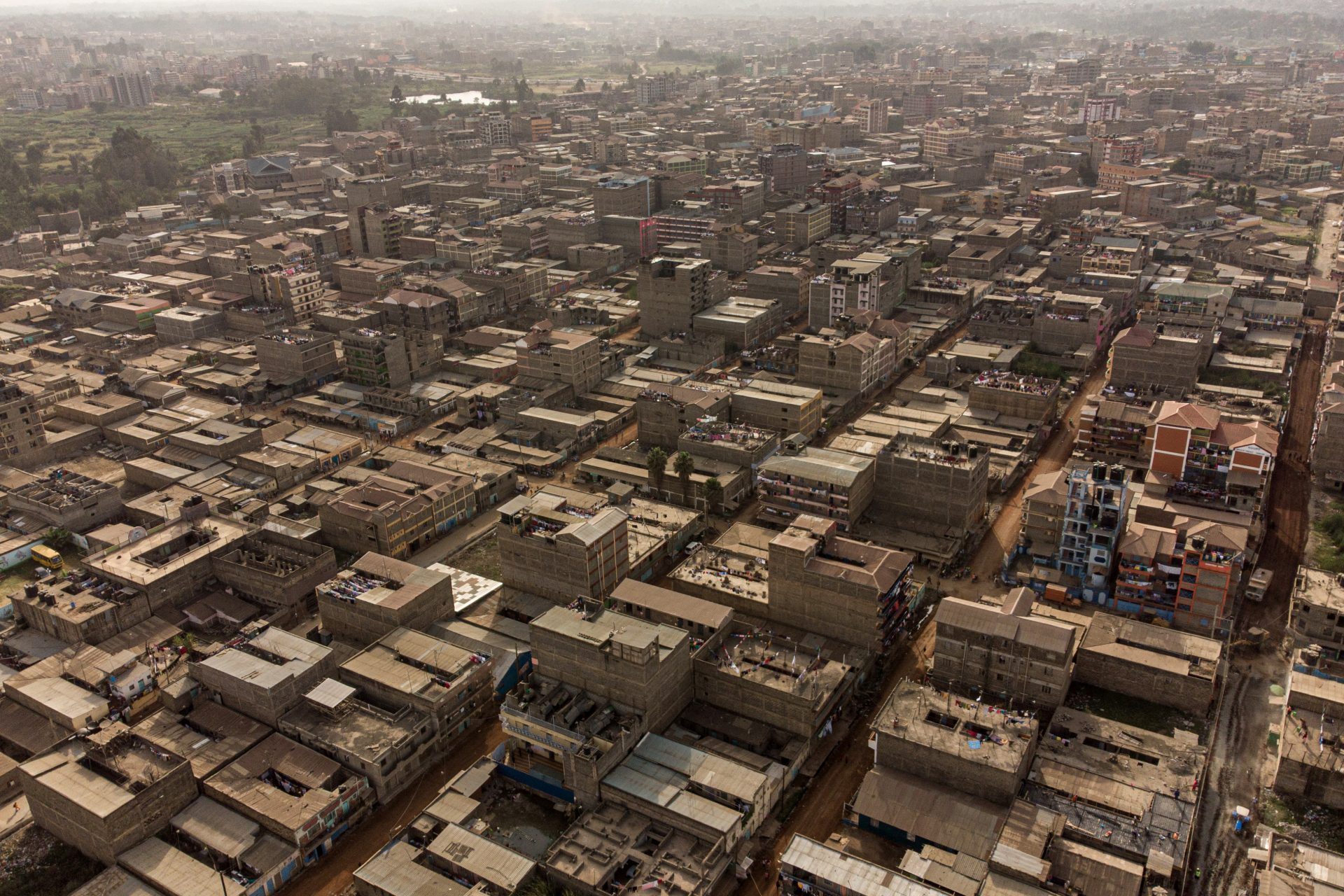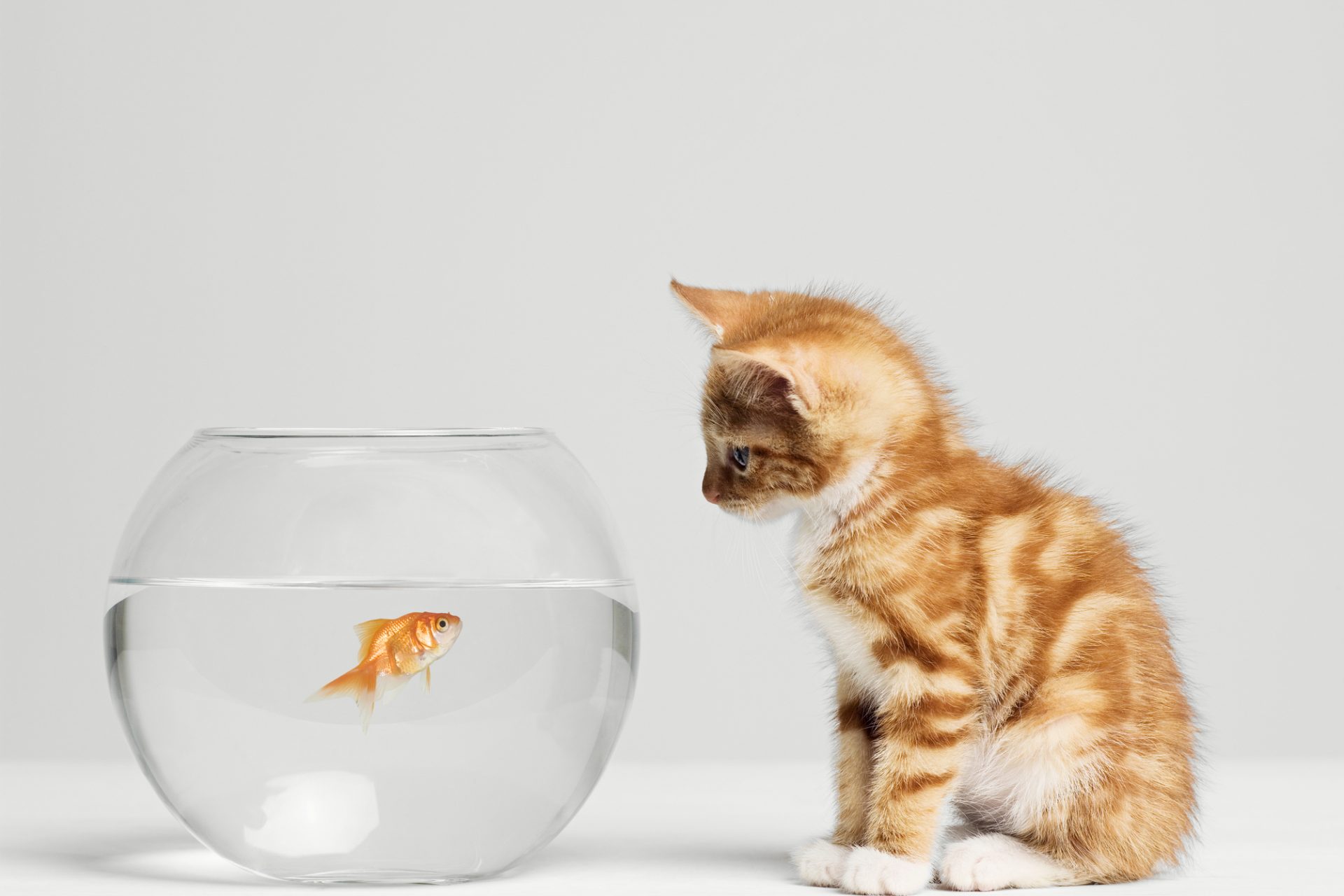Average child’s image shared 1,300 times before they turn 13
The average child has their image shared on social media 1,300 times before the age of 13, according to a survey for the Observatory for Parenthood and Digital Education.
The definition of ‘sharenting’
The phenomenon is called ‘sharenting’, defined by Wikipedia as “the practice of parents publicizing sensitive content about their children on internet platforms”, and the expression has been used internationally.
The origin of the term
The origin of the term ‘sharenting’ has been attributed to The Wall Street Journal, who used the term ‘oversharenting’, mixing the terms ‘oversharing’ and ‘parenting’ in 2010.
Children of the digital age
Because while older generations who were introduced to social media later in life, have been able to shape their online presence from scratch, children growing up in a digital age have been deprived of that right.
Children cannot give consent
It all comes down to a matter of consent, something that children cannot give, experts agree. “They just don’t have the ability or capacity to do so”, explained psychologist Charlotte Armitage to Insider.
Publicity they didn’t choose
Armitage added that kids can potentially grow up “feeling violated and paranoid because they didn’t choose this publicity.”
Not just ethical implications
But besides the ethical implications of sharing your kids lives online without their consent, there are real risks.
Photo: Instagram search engine
Digital footprint
Being mindful about your kids’ digital footprint (their online history) is important, because even as kids, they can be subject to identity theft, have their reputation damaged or even endanger their physical safety, experts warn.
Images can be used for exploitation purposes
A report from the Stanford Internet Observatory (SIO) found out recently that Instagram is currently the most important platform for advertising self generated child s***** abuse material (SG-CSAM).
All social media platforms pose a risk
But there is no doubt other social media platforms pose a risk of children’s pictures being used for sexual exploitation purposes as well.
Disturbing comments on videos
Insider reported that amateur detectives on TikTok have been pointing out the amount of likes, saves, and disturbing comments on videos of children shared by their parents.
A case of a three-year-old TikTok star
Last year, users flagged that certain videos of a three-year-old TikTok star named Wren Eleanor had a worrying amount of saves, Insider reported.
Photo: TikTok @wren.eleanor
Thousands of followers saving videos
A video of Wren, whose account has 17 million followers, eating a hotdog was saved nearly 375,000 times, while one of her wearing an orange crop top had 45,000 saves, the users pointed out.
Photo: TikTok @wren.eleanor
The account remains active
While Wren’s mom, who runs the TikTok account, described the situation as “incredibly distressing”, the account remains open and active.
Parents who monetize their kids
Some parents rely on their child’s influencer accounts or their “family vlogging” as their primary source of income, according to the Financial Times.
France’s bill to stop ‘sharenting’
This is why lawmakers in France have given the green light to a bill that targets a growing number of influencer parents earning fame and money by chronicling the lives of their children.
A judge may intervene
French MP Bruno Studer (pictured) said that the bill will let a family judge, if necessary, “make a forced partial delegation of parental authority for the specific case of an exercise of image rights", Le Monde reported.
Half of images used for exploitation come from social media
The proposed bill says that 50% of the photographs exchanged on child s***** exploitation material forums had initially been posted by parents on their social media accounts.
France: the first country to regulate ‘sharenting’
The bill hasn’t been signed into law yet, but France would be the first country in the world to regulate how parents share their kids’ lives on social media.
Other politicians have expressed concern at ‘sharenting’
However, other leaders have expressed concern at ‘Sharenting’. Australia’s eSafety Commissioner, Julie Inman Grant, for instance, constantly talks about the risks of ‘sharenting’ in the media and online accounts.
Photo: Facebook eSafety Commissioner
Debating a social issue
We’ll have to wait and see if other countries will follow France in putting a stop to ‘sharenting’, but at the very least, it has opened a conversation about a social problem. "When we make a law proposal, it is also to debate a specific issue," said the French MP, per le Monde.


































